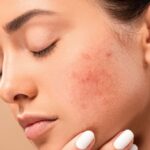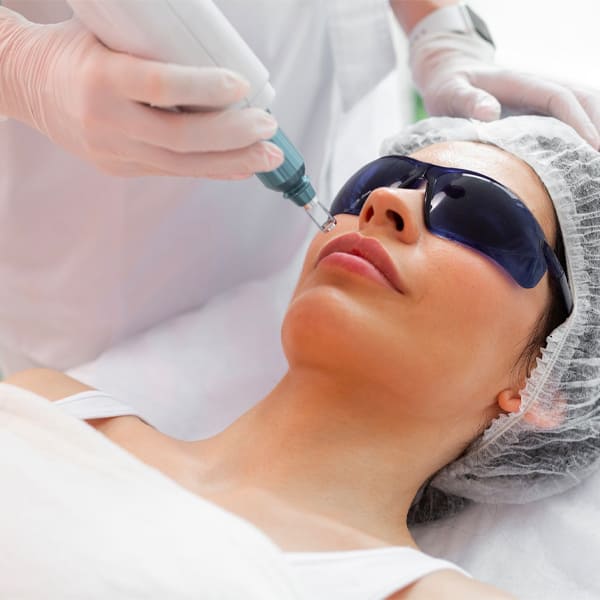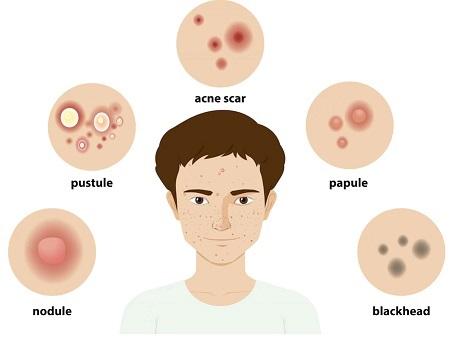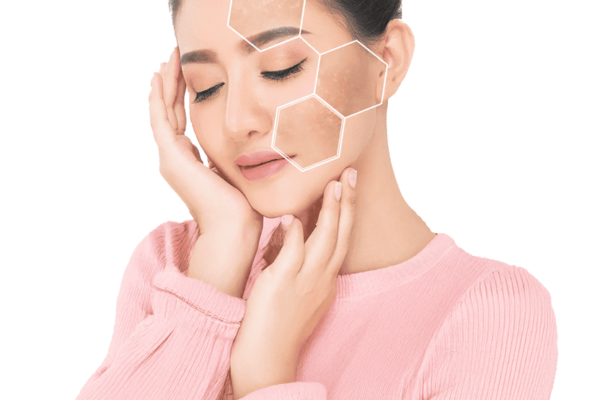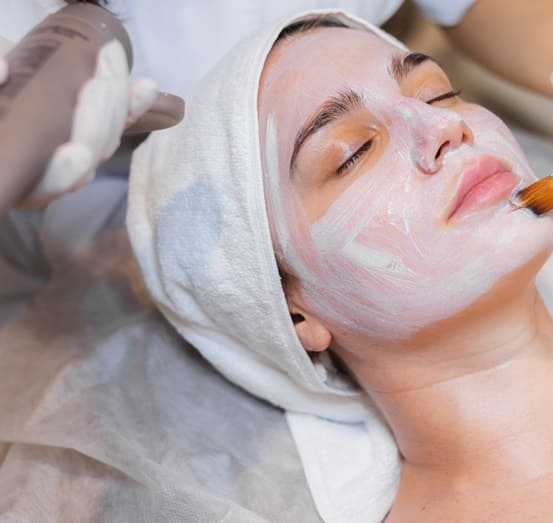Everyone wishes to own a beautiful, spotless, and radiant skin tone. A blemish-free skin is what everyone tries to get through creams or simple home remedies or facials. Skin Lightening techniques were widely used for centuries, but in today’s times, Dermatological skin-lightening procedures have become much more popular.
Skin lightening treatments, also known as skin whitening or skin bleaching treatments, include a range of cosmetic procedures and products designed specifically to lighten the skin tone. These treatments aim at reducing melanin, the pigment responsible for the color of skin. Excess melanin production is the main cause of hyperpigmentation, uneven skin tone, Dark Spots, Dark patches, etc., Skin whitening treatments work effectively to achieve a lighter complexion.
Types of Skin Lightening Treatments Recommended by Dermatologists.
1. Topical Creams and Lotions: Many over-the-counter and prescription creams and lotions contain ingredients such as hydroquinone, glycolic acid, kojic acid, arbutin, licorice, azelaic acid, retinoids, and botanical extracts which help in lighten the skin. These Skin whitening products are typically applied directly to the skin and work by inhibiting melanin production by various pathways. A Certified Dermatologist may suggest these creams, based on skin type and tone, to ensure they are safe and appropriate according to skin concerns.
2. Chemical Peels: Chemical peels involve the application of a chemical solution to the skin, which exfoliates the outer layer, hence eliminating dark spots and promoting new, lighter skin. These help in treating hyperpigmentation, acne scars, and other skin discolorations. Chemical peel treatment involves the application of a chemical agent, to remove the damaged outer layer by exfoliation, followed by regeneration of new epidermal and dermal tissues with improved skin texture and tone. It is essential that these treatments should be done by a trained professional to minimize the risk of complications.
3. Laser Therapy: Laser treatments for skin whitening involve using specific wavelengths of light to target and break down melanin. This process helps reduce pigmentation irregularities. Mostly Q-Switch lasers are used in these treatments. Laser therapy requires multiple sessions to get desired results and are safe when done by professionals. Fractional lasers also play a role in rejuvenating skin.
4. Microdermabrasion: Microdermabrasion is a non-invasive procedure that uses a handheld device to gently exfoliate the outer layer of the skin. This process helps in removing dead skin cells, revealing fresher and brighter skin, Mostly used in treating uneven skin tone, melasma, and scars, including acne scars.
5. Orals and Injections: Oral skin-lightening agents like glutathione, tranexamic acid, pine bark extracts and intravenous injections of antioxidants are one of the most sorted skin-lightening treatments. Suitable for all skin types and helps to achieve brighter and healthier skin. It not only offers skin-lightening effects and also combats skin aging concerns, including hyperpigmentation, dull skin, wrinkles, and age spots. PRP, GFC treatments also help in rejuvenation and anti- ageing.
6. Medi-facials: Medi-facials are medical-grade facials done at dermatology clinics. These treatments are specially designed to treat specific skin conditions or disorders and which are safe for almost all skin types. Customized Medifacials are recommended based on skin concerns, done using advanced devices and Techniques like Dermaclear, hydra facials etc. Medifacials help to treat pigmentation issues, sun damage, and signs of aging.
Considerations Before Going for Skin Whitening Treatment
Before considering any skin whitening treatment, it is important to understand the potential risks and limitations associated with them:
Side Effects: Some skin whitening treatments may cause side effects such as skin irritation, redness, dryness, and increased sensitivity to sunlight. It’s very important to follow the Pre and Post care instructions provided by professionals.
Safety Concerns: Certain ingredients commonly found in skin whitening products, such as hydroquinone and steroids, have raised safety concerns due to their potential long-term risks. It is essential to consult with a board-certified dermatologist to ensure the products used and treatments are safe and suitable according to skin concerns.
Sustainable Approach: Achieving and maintaining healthy, radiant skin involves more than just skin whitening treatments. A holistic approach that includes a balanced diet, adequate hydration, sleep and a consistent skincare routine to be followed for overall skin health.
Though Skin whitening treatments offer a good set of benefits for individuals seeking to address specific skin concerns, such as hyperpigmentation, it is essential to approach these treatments with caution, and prioritize safety. Consulting the best dermatologist is vital to determine the most suitable and safe approach to achieve healthy skin.
Consult FMS Skin and Hair Clinic, for Best Skin Whitening Treatment in Hyderabad for all Advanced Cosmetic Skin Care Treatments.
For Appointment Booking. Please call us or WhatsApp at 8885060760 Or Email Us at [email protected]

Author: Dr. Swathi


